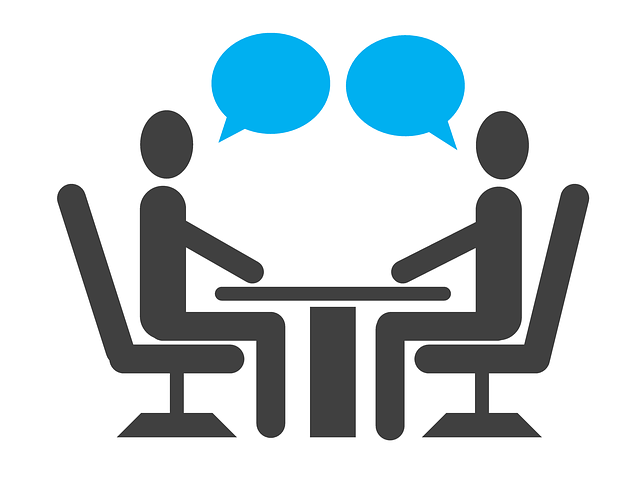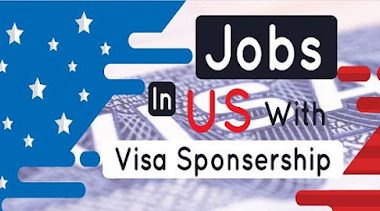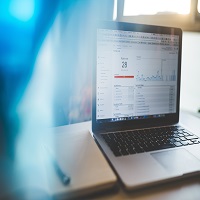Minor details can make a big difference, especially when it comes to getting a job interview. You can’t take any chances since a single misstep could cost you a job opportunity that you’d regret missing out on if it was the best you could get. As a result, schedule time to prepare for your job interview so that you can make the best possible impression.
Here are some interview strategies that cover all of the basics you’ll need to improve your interview abilities and ace your job interview.
1. Learn how to conduct behavioral interviews
During an interview, you will most likely be asked about how you handled previous employment situations. Behavior-based interviewing is the term for this method. Such an interview method gives a potential employer valuable insight into how you deal with problems in the workplace and turn them into opportunities.
As a result, you should make a list of your strengths, capabilities, and limits in advance of the interview. Then think about a time when you demonstrated each of these traits. It would be fantastic if you considered creating a 30-day, 60-day, or 90-day plan to properly prepare. But first, make sure that the situation’s example clearly demonstrates to the firm how you managed it successfully.
2. Make a list of frequently asked questions and prepare responses to them.
Following are some questions that are frequently asked in an interview:
- Could you tell me a little about your background ?
- How did you find out about this position?
- What makes you want to work in this position?
- What kind of environment do you prefer working in?
- How do you handle workplace disagreements with your coworkers?
- Do you have any questions that you’d want to ask me?
- What makes you unique enough for us to want to hire you?
- What are the benefits of having you on board?
- What are some of your flaws?
- What are your impressions of the company?
- In five years, where do you see yourself?
- What kind of work ethic do you have
Apart from that, do your study and make sure you have other questions ready for the interviewer to answer. This will indicate your dedication to both the job and the organization.
3. Gain access to insider information
Make contact with current employees to find out more about the company’s culture and working environment. Look at the company’s social media sites to get a sense of its culture, if you haven’t already. Before your interview, learn everything you can about the company so you can answer the questions efficiently.
4. Take out time for practice
Examine your body language while you address and how you deliver your responses. Practicing will always result in some gains, so don’t let the time you waste by not practising.
5. Put on appropriate attire for the work
Your first impression can make a significant impact in how your interviewer perceives you, and the first thing you should consider is how you dress. Dress professionally and wear basic jewelry and well-fitting clothes. Like a well-groomed individual, he was dressed in a suit and boots.
Keep in mind that the company and the culture it supports will dictate your dress. As a result, conduct your research ahead of time to determine whether you should dress more casually or formally. If you don’t know what to wear and don’t have any details, talk to the person who planned your interview or dress modestly.
6. Think about what you’ll bring
The following is a list of items you should bring to an interview to ensure a favorable outcome:
- A printed version of your resume
- A list of references
- You should have work samples and publications to present the employer.
- A set of questions to ask a prospective employer
- You’ll need a notepad and a pen to take notes.
7. Be ready to make small talk
Prepare to have a personal conversation with your interviewer. If your interview turns into a casual conversation, though, you can prepare by practicing some common casual conversation topics. Here are some pointers to make small chat easier:
- Pay attention to your surroundings. You could compliment the design or location of the office.
- Commend the employer on a recent award the team received or other similar accomplishments.
- Find a similar interest and discuss it.
- Maintain a cheerful demeanor during the conversation.
8. Be who you are
You will have a better interview if you practice and prepare. When you meet with the interviewer, though, you must be yourself. As a result, keep your communication open and succinct while maintaining a pleasant, aggressive, and confident demeanor.
9. Use stress-relieving tactics before the interview
Make sure you’re prepared and practicing stress-management techniques so you can stay calm on the day of your interview. One way to convey professionalism to a potential employer is to be on time, preferably 15 minutes early. It would be ideal if you drove to the interview location ahead of time to ensure that you do not become disoriented and arrive late for the interview. Give yourself plenty of time to get there if the area is busy.
It’s natural to be worried; however, if it’s getting on your nerves, request a toilet break before the interview. Take a few moments to relax, knowing that you’ve completed your homework, and you’ll be able to keep your cool during the interview. Moreover, if you don’t understand a question during the interview, ask for clarification and take your time to understand and give the best answer you can to the interviewer.
10. Establish a positive relationship with your interviewer
Keep in mind that your interview is an opportunity for you to strike up a dialogue with your potential employer. While the interviewer will ask questions for the most of the meeting, you can use each one to turn it into a more casual conversation. Maintain a professional demeanor while striving to connect with your interviewer on a personal level.
11. Don’t forget to follow up
Send a brief email thanking the employer for taking the time to meet with you after the interview. You might go over crucial themes from the interview again, such as your enthusiasm for the job and the firm.
Conclusion
Finally, I’ll sum up the post here in the hopes that the foregoing debate has added to your knowledge base. We guarantee that following the advice provided will improve your job interview experience.








